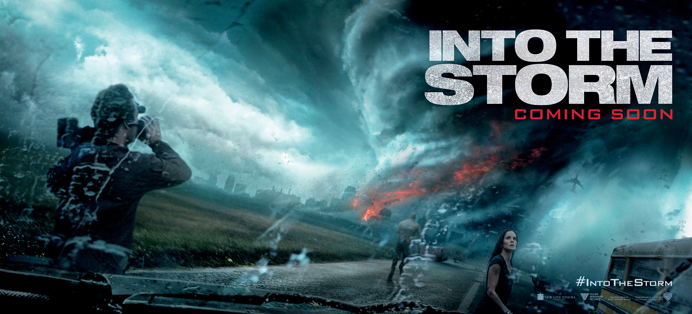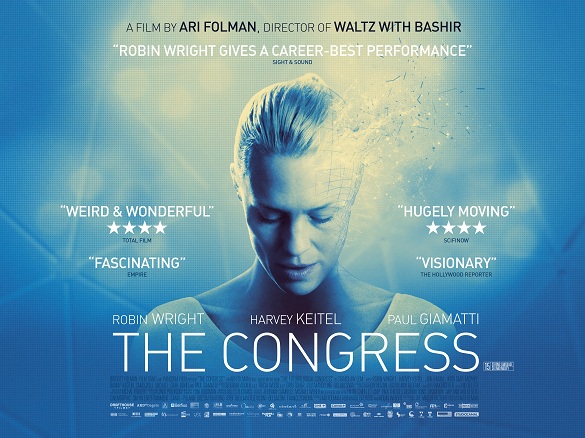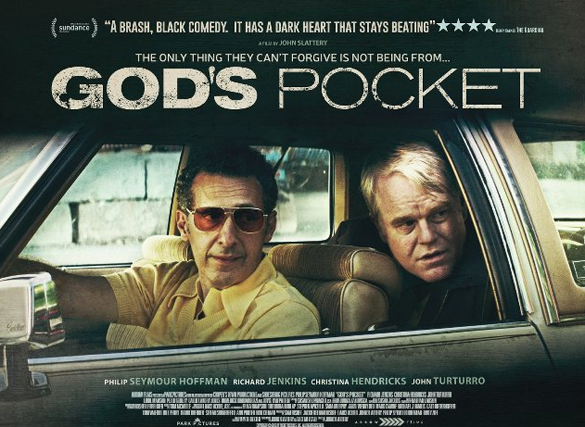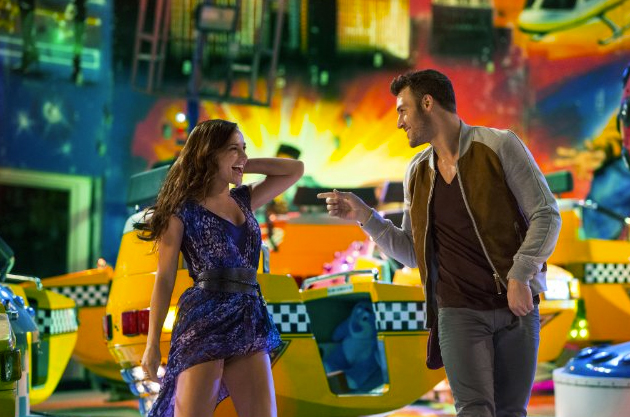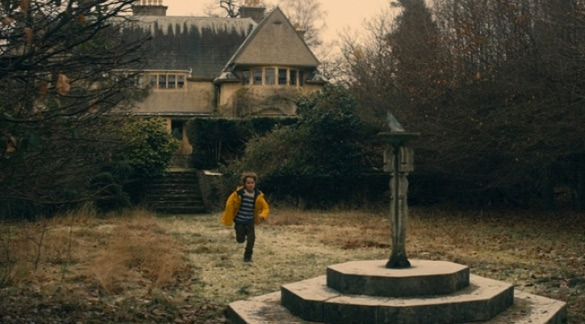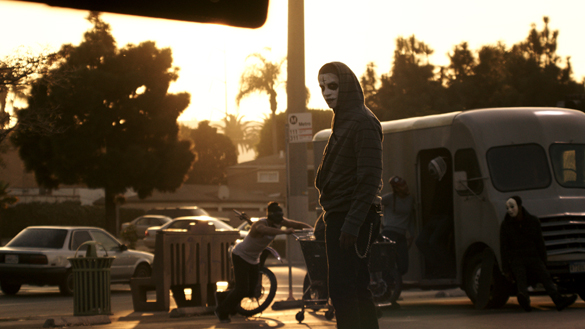Into The Storm **
The novelty of ‘found footage’ films is starting to wear thin. Not only does it always have certain shots that couldn’t possibly have been captured by any of the characters – hence rendering the status quo questionable, but also it expects us to arrogantly take it a little more seriously, which in this case is laughable. Into The Storm is such film.
It’s only like Twister only in subject matter – and tries to go one better in the twister CG stakes. As for the characters, there’s nowhere near as much investment as in the former, rendering them mere pawns in the effects game.
Set over one day, a bunch of storm chasers making a documentary and townsfolk of Silverton – in the path of the storm – document what happens when a series of tornadoes touch down in their town.
Final Destination 5 director Steven Quale is no stranger to suspense, and Into The Storm sets a chilling, moody scene for things to come, showing us several groups of people who will be affected, including a daft pair of YouTube hero wannabes that supposedly supply the light relief. Like Twister, there are relationship issues to resolve in the eye of the storm and clashes of personality, but the former often results in overly schmaltzy pieces to camera, filmed as ‘final farewells’. What would have made things more interesting is a little surprise as to who meets their maker, as Quale’s cast seems blandly expendable.
That said Richard Armitage (The Hobbit) and Sarah Wayne Callies (The Walking Dead) make a commendable pair of heroes but are never fully realised, though they try their hardest with a script designed to make the storm as the star. Indeed, there are some incredibly absurd lines they must deliver that you also feel sorry for them as they battle the elements too.
This film is all about the twisters and is best watched on the largest screen with the biggest sound system in operation. In cinematic times that are 3D-obesssed, it’s very surprising that Quale and the studio didn’t opt for this to really drag us into the action – but then it couldn’t claim the ‘found footage’ mantra (and budget was probably tight).
Into The Storm has ample, loud thrills – including a fantastic fiery moment – for tornado fans but characters that you don’t have to care much about to enjoy the ride. It’s a shame about the overly lengthy emotional bits to camera that upset the momentum and the excruciating patriotic end shots that try to inject some comical human element into the proceedings. Take this film as the title suggests and you will ride knowingly into to get the most out.
2/5 stars
By @FilmGazer

